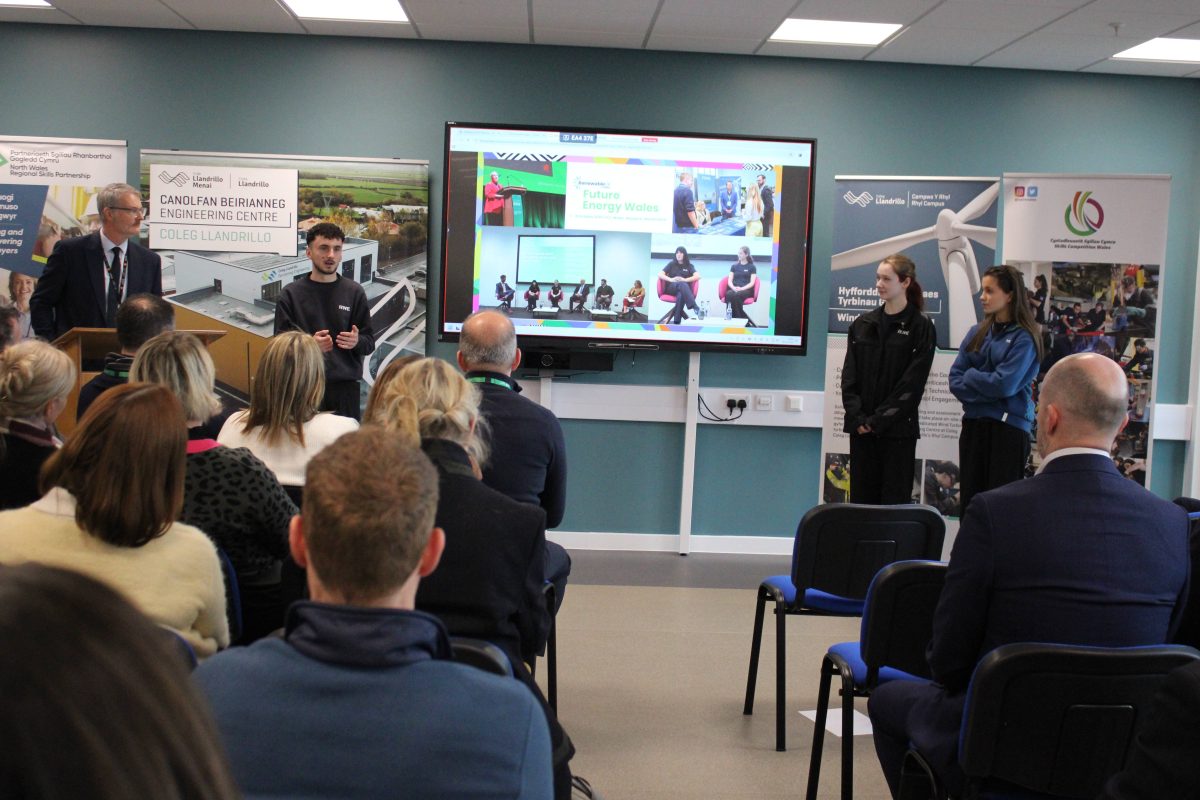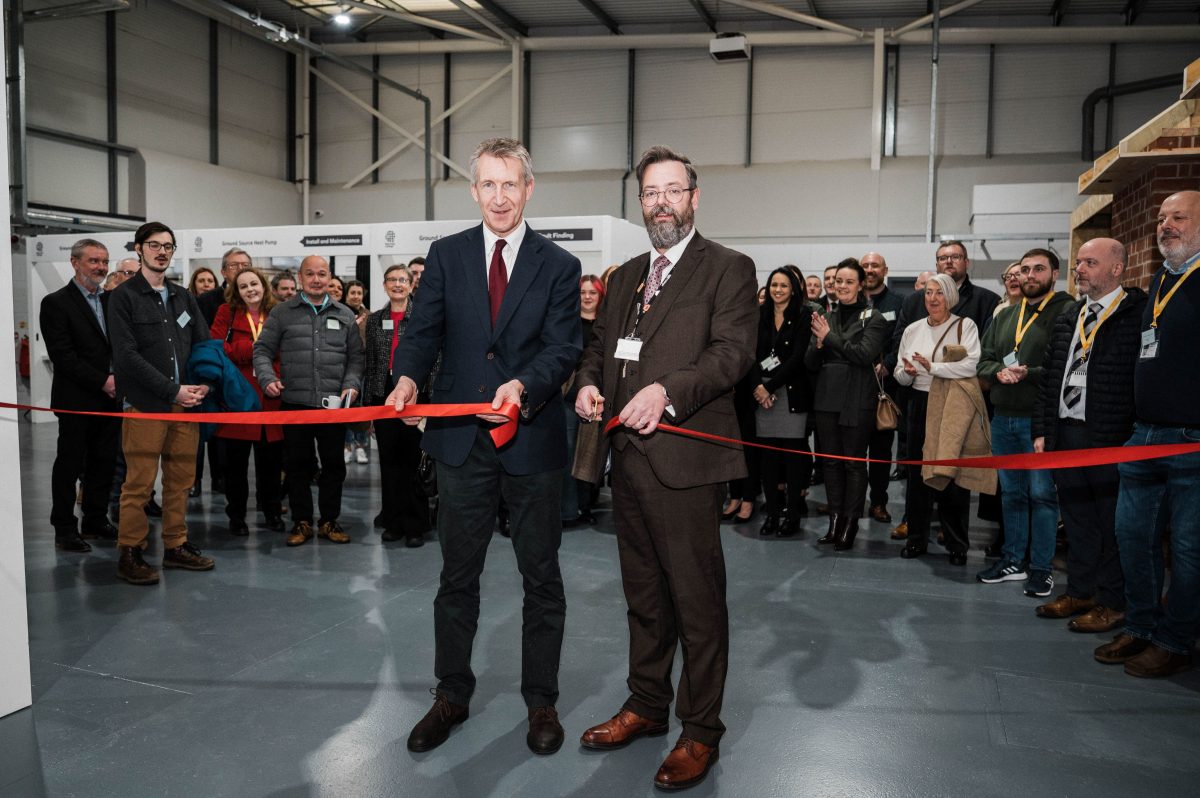Current skills and training system failing those who need it the most: 10 things that need to change

The current complex, highly centralised nature of skills funding, training and careers information has resulted in a national skills system that does not meet the needs of all the people, businesses and local economies it is intended to serve, argues the interim report of the Future-Ready Skills Commission, published today.
The national skills system is failing to meet the needs of businesses and local economies. People of all ages being let down by a skills system that fails to give access to career opportunities throughout their working lives.
Based on evidence gathered through an extensive review of the current skills system, the Future-Ready Skills Commission interim report has identified 10 priorities it believes must be addressed in order to create a devolved skills system that works for employers, individuals and training providers.
Cllr Susan Hinchcliffe, Chair of the Future-Ready Skills Commission and the West Yorkshire Combined Authority, and Leader of Bradford Council, said:
“Employers state that there is a shortage of skilled staff with more than a fifth of roles difficult to fill. At the same time, as many as one in 20 workers lack the necessary skills to do their job to the best of their abilities. The Future-Ready Skills Commission’s is working out how a regional approach could address the deficit.
“Major structural changes in the economy like automation, the shift to low-carbon industries and the rise of the gig economy mean it is vital people’s skills remain relevant to the labour market, but the current skills system is arguably failing those who need it the most. A lack of information about what skills are in demand in a local area means those who could benefit most from training and development are left out.
“Our aim is to design a skills system that meets these challenges and we have identified 10 key principles we need to change if the skills system is to be effective for both employers and workers. The skills system must be more responsive to the needs of local labour markets, with employers able to find people with the skills they need, and individuals being able to make better informed choices in order to find good quality jobs.
“The UK economy is at a critical juncture, and with more and more powers being transferred from central government to local areas, we need to make sure meaningful devolution of the skills system is a critical part of that mix – ensuring that employers can recruit the people they need, individuals can better access opportunities and our economy can realise its full potential. This interim report is a key staging post to setting out what the critical issues are.”
Stephen Evans, Chief Executive, Learning & Work Institute, said:
“The majority of people who will make up the workforce by 2030 have already left full-time education, but the numbers of people undertaking further learning or training is in decline. Access to good quality careers advice and information, and new ways of learning that fit with modern lifestyles, are vitally important to make sure people’s skills remain relevant for the changing nature of work over the coming decades.”
The Future-Ready Skills Commission is an independent, national Commission supported by the West Yorkshire Combined Authority and made up of experts and leading thinkers from business, education, local government and think tanks.
Its primary scope is to understand how the skills system, from post-16 education through to adult skills and career development, could be shaped to better meet the needs of local economies with greater devolution across England, while meeting future challenges and opportunities in the workplace.
Since launching in January 2019, the Commission has conducted extensive research. A series of consultation, workshops and round-table sessions with key stakeholders have taken place, as well as expert interviews with senior representatives from Mayoral Combined Authorities. This has brought together lessons learnt from areas that have already progressed approaches to skills devolution and valued partners in the skills system to inform the work of the Commission.
10 things that need to change
The Future Ready Skills Commission interim report has identified 10 things that need to change in the current skills system, which will shape the next stage of the Commission’s work.
- Careers information needs to be relevant to the local labour market and empower individuals to make informed decisions.
- Employment and skills should be integrated within local housing, transport and environment strategies.
- The local approach to skills, employment and health needs to be joined up to support progression to work.
- The skills offer for businesses needs to be simplified through coordination at the level of functional economic areas.
- Investment in technical education and skills should be increased to sustainable levels.
- Greater collaboration is needed in order to spread good workplace practices to improve business performance and productivity.
- The learning offer should be simplified and made more affordable, with the right level of finance that removes barriers to access and supports progression in learning.
- Employers need to be motivated to train and re-train staff and support progression at all levels, including those in lower paid work to gain higher level skills.
- Local areas should have strengthened responsibilities for planning the provision of technical education and training so that it is responsive to local economic priorities.
- Employers need greater influence over the design and delivery of technical training to ensure it is responsive to local economic priorities.
West Yorkshire Combined Authority work in partnership with local councils and businesses to ensure that everyone in our region benefits from a strong, successful economy and a modern, accessible transport network. By championing the region’s interests nationally and internationally, we secure the investment to deliver better transport and housing, help businesses to grow and create jobs.
The Combined Authority works in partnership with the Leeds City Region Enterprise Partnership (LEP) to help businesses in our region grow and become more productive and operates the Metro-branded network of bus stations, travel centres and public transport information for West Yorkshire.
We want our region to be recognised globally as a strong, successful economy where everyone can build great businesses, careers and lives.











Responses